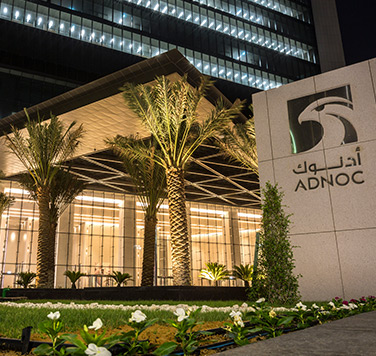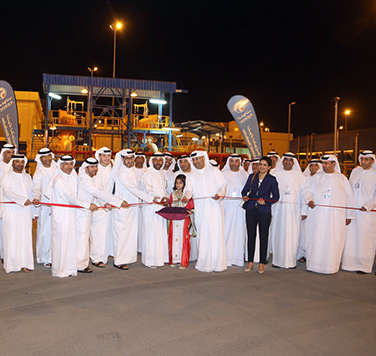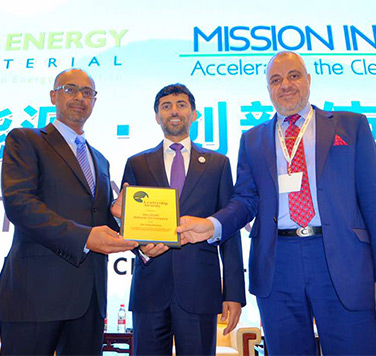ADNOC and Borealis Sign Agreement to Extend and Expand Joint Petrochemical activities in Ruwais
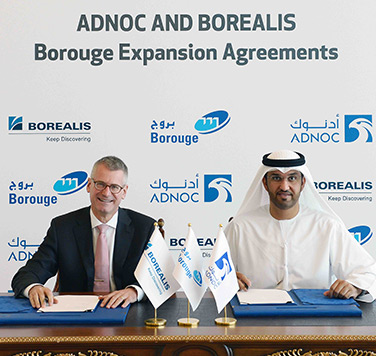
The agreement was signed by H.E. Dr. Sultan Ahmed Al Jaber, UAE Minister of State and Group CEO of ADNOC and Mark Garrett, Borealis Chief Executive.
Earlier this month, ADNOC announced the expansion of its strategic partnership model to span the Group’s entire value chain as well as the more active management of its portfolio of assets. This new initiative builds on ADNOC’s flexible operating model and its 2030 growth strategy. It will enable ADNOC to unlock and maximize significant value from across the Group, drive business and revenue growth, optimize performance, improve technology transfer, and secure greater access for its products in key growth markets.
Under the agreement, ADNOC and Borealis will move to the pre-feed (front end engineering and design) stage for the construction of the Borouge 4 complex, which encompasses a world-scale, mixed feedstock cracker, using existing feedstock available in Abu Dhabi and downstream derivatives units for both polyolefin and non-polyolefin products. The proposed Borouge 4 complex is slated to come on stream around 2023 and will be integrated with ADNOC’s Takreer refinery.
Simultaneously, the companies have agreed to commence engineering, procurement and construction (EPC) tendering for an additional polypropylene plant (PP5) based on Borealis’ proprietary Borstar® technology. The plant, to be integrated with the existing Borouge 3 complex, will add value to the surplus propylene available from Takreer’s new Propane DeHydrogenation (PDH) unit, producing around 0.5 million tonnes per annum of polypropylene.
H.E. Dr. Sultan Jaber, Group CEO of ADNOC, said: “We are committed to realizing downstream growth and stretching the value from every barrel of oil we produce. Today’s agreement with Borealis marks an important milestone in two key projects that support our smart growth and partnership strategy.
“ADNOC is determined to work with like-minded partners, such as Borealis, as we unlock and create long-term, sustainable value for the UAE. The Borouge 4 complex and polypropylene plant will allow us to grow our current petrochemical production to almost 10 million tonnes per year, enabling us to take advantage of the market opportunities we have identified, particularly in Asia, where the high-grade polymer market is set to double by 2040.”
The Borouge joint venture was established in 1998 and production has progressively ramped up with the consecutive completions of the Borouge 1, 2 and 3 complexes. Today’s production capacity is 4.5 million tonnes per year following the successful start-up of Borouge 3 in 2016.
“ADNOC and Borealis have a long and successful history of working in close partnership at Borouge. Today we recommit our long-term engagement in Borouge and we look forward to embarking on the next stage of our journey with the extension and expansion of the Borouge Joint Venture,” said Mark Garrett, Borealis Chief Executive.
“Global demand for polyolefin products is being driven by the growth in emerging economies. Both ADNOC and Borealis are determined to take advantage of Borealis’ leading edge Borstar technology, a world-leading product portfolio and a favourable geographic location at the pivot point between East and West, to capitalise on the markets of steepest growth in Asia.”
The framework agreement also identifies that ADNOC and Borealis will review the extension of their successful Borouge joint venture beyond its first 30-year lifetime.
Building new capacity in the UAE ensures the long-term security of supply and further enables Borouge to expand its product portfolio and deliver leading edge products. With the proven track record of operational reliability of Borouge, the new assets will support Borouge customers’ growth ambitions in the automotive and energy markets as well as in pipe, agricultural film and the rigid and flexible packaging sectors.
As part of its 2030 strategy, ADNOC aims to expand petrochemical production from the current 4.5 million tonnes per year to 11.4 million tonnes per year by 2025.




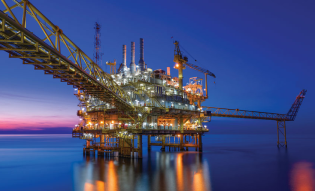
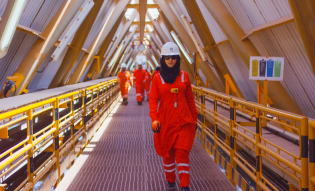
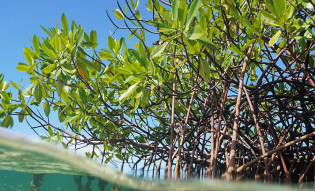
.ashx?h=748&w=1000&hash=23B79F2DEDB1AEAC75968BDB7A78AB66)


